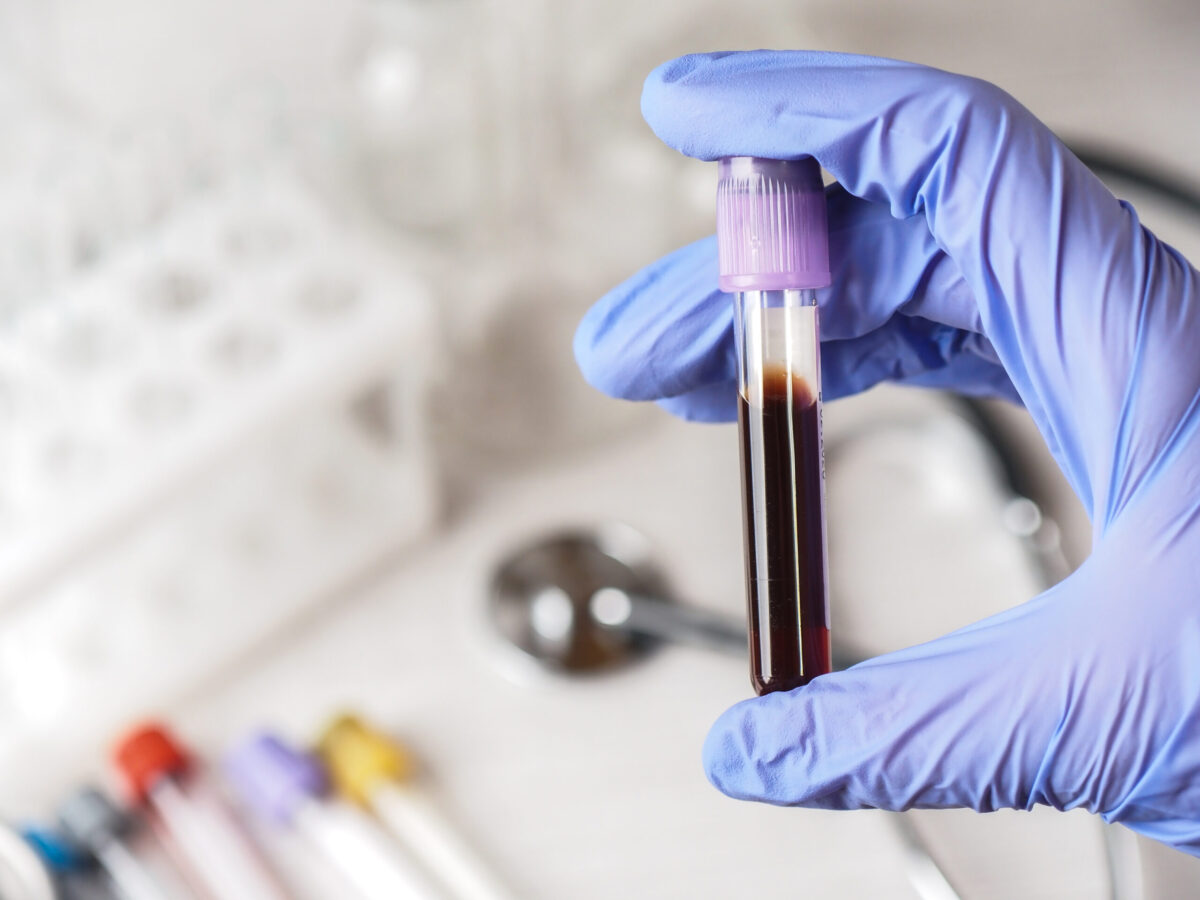Surgical removal of a cancerous tumor is not always as easy as removing the mass; cancer cells often migrate into tissue surrounding the malignancy, making it near impossible for surgeons to resect it all. Now, researchers at The University of Texas at Austin have developed a disposable cancer identification pen capable of rapidly identifying malignant tissue during surgery.
The MasSpec Pen takes just 10 seconds to identify cancer tissue with over 95 percent accuracy. By helping surgeons make faster decisions about what tissue to resect, the device could help reduce the risk of cancer cells being left behind and eventual relapse of the disease. The researchers published the details of the medical device in the journal, Science Translational Medicine.
“If you talk to cancer patients after surgery, one of the first things many will say is ‘I hope the surgeon got all the cancer out,’” said study lead Livia Schiavinato Eberlin, an assistant professor of chemistry at The University of Texas at Austin. “It’s just heartbreaking when that’s not the case. But our technology could vastly improve the odds that surgeons really do remove every last trace of cancer during surgery.”
Currently, doctors use Frozen Section Analysis, a technique which requires pathologists to analyze tissue samples collected from the patient, to identify the line where cancerous cells end and healthy tissue begins. Unfortunately, this process can take up to half an hour prolonging the time that the patient spends under anesthesia in the operating room.
What’s more, results from Frozen Section Analysis can be inaccurate up to 20 percent of the time, due to fact that samples of some cancer types can be more difficult to interpret. In contrast, the MasSpec pen was found to have a 96 percent accuracy in a study of over 250 human cancer samples.
“Any time we can offer the patient a more precise surgery, a quicker surgery or a safer surgery, that’s something we want to do,” said James Suliburk, head of endocrine surgery at Baylor College of Medicine. “This technology does all three. It allows us to be much more precise in what tissue we remove and what we leave behind.”
The medical device works by using mass spectrometry to detect metabolites which act as biomarkers for cancer cells. When the MasSpec Pen is placed on human tissue, it uses special software to compare the metabolite profile to the 253 different types of tissue that it has been programmed to recognize.
In addition to being able to identify normal tissue by its biomarker signature, the device can recognize common cancers, including breast, ovary, lung and thyroid. Once the analysis is complete, the words “Normal” or “Cancer” appear on a computer screen connected to the device.
“Cancer cells have dysregulated metabolism as they’re growing out of control,” said Eberlin. “Because the metabolites in cancer and normal cells are so different, we extract and analyze them with the MasSpec Pen to obtain a molecular fingerprint of the tissue. What is incredible is that through this simple and gentle chemical process, the MasSpec Pen rapidly provides diagnostic molecular information without causing tissue damage.”
In addition to filing a patent for the technology behind the MasSpec device in the US, the researchers will also be seeking to protect their IP in other countries around the world. According to the research team, this device could be used in clinical practise as early as 2018.












Join or login to leave a comment
JOIN LOGIN